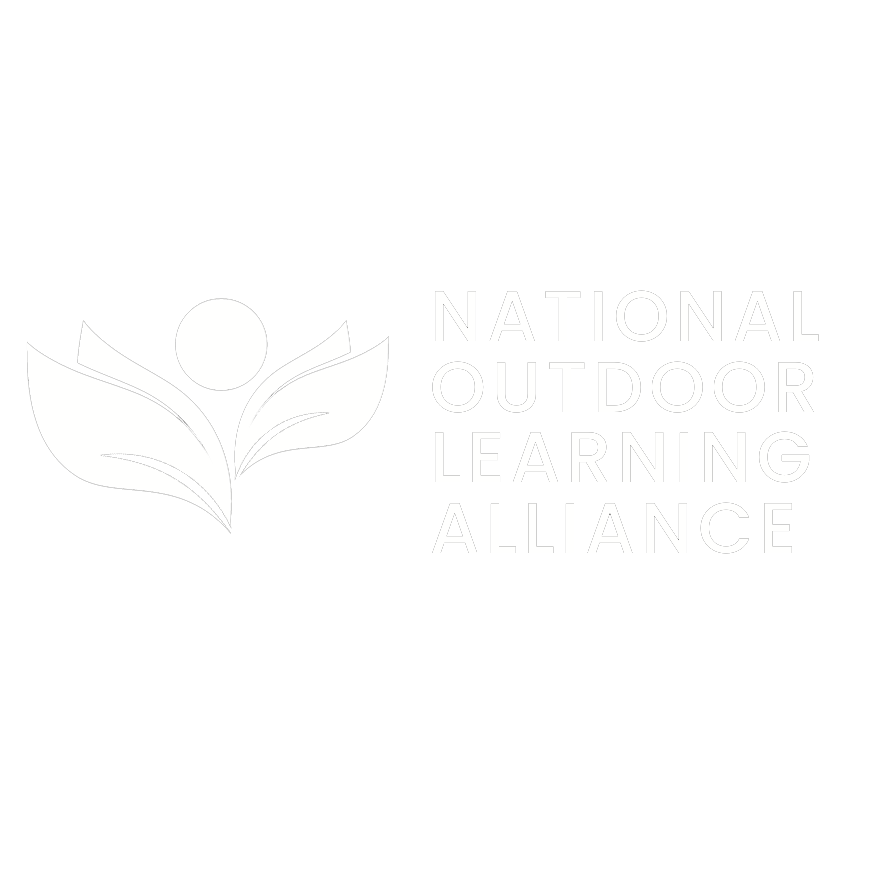Choosing the Right Business Entity for Your Nature-Based Early Learning Program: Sole Proprietorship, LLC, or Nonprofit?
Starting a nature-based earning program (e.g. nature school, forest school, nature-based play groups, etc.) is an exciting journey, full of possibilities to inspire young minds and foster a connection with the natural world. But before you can dig into the dirt and watch those seedlings of wonder grow, you'll need to determine the best structure for your business. The type of entity you choose will impact everything from taxes to liability to how you run your organization.
So, which business entity is right for your nature-based business? Let’s break down the pros and cons of four common options: Sole Proprietorship, LLC, and Nonprofit.
1. Sole Proprietorship
A Sole Proprietorship is the simplest and most straightforward business structure, especially for individuals just starting out. However, there’s no legal separation between the owner and the business. The owner is personally liable for the business's debts and obligations. Sole proprietorships are the most basic business structure and are often the default choice for new business owners. Owners of Sole Proprietorships are considered self-employed.
PROS
Ease of Setup: It’s the easiest and most affordable to establish, with minimal paperwork and legal requirements.
Full Control: As the sole owner, you have complete control over all business decisions, allowing for flexibility.
Tax Simplicity: Taxes are simple, as business income is reported directly on your personal tax return.
CONS
Unlimited Liability: You are personally liable for all debts and legal actions, meaning personal assets are at risk.
Limited Growth Potential: Raising capital or expanding might be difficult, as investors often prefer more formal structures.
No Distinction Between Personal and Business Finances: Mixing finances can be tricky and risky without the proper precautions.
Best For: Small, low-risk nature-based programs run by a single person who prefers simplicity.
Best for a small, low-risk nature-based program run by a single person who prefers simplicity.
2. Limited Liability Company (LLC)
An LLC combines the flexibility of a Sole Proprietorship with the liability protection of a corporation, making it a popular choice for small businesses. The LLC’s profit is available to the owner to draw upon as income, and/or it may be distributed to shareholders. Owners of LLCs are considered self-employed.
PROS
Limited Liability: Owners, called "members," are protected from personal liability, meaning your personal assets are generally safe from business-related debts or lawsuits.
Flexible Taxation: You can choose how you want the business to be taxed—as a Sole Proprietorship, Partnership, or Corporation.
Flexible Management: You can decide to manage the business yourself or hire managers, offering a balance of control and protection.
CONS
Cost and Complexity: While simpler than corporations, LLCs require more paperwork and fees than a Sole Proprietorship.
State-Specific Regulations: Each state has different rules and fees for LLCs, so compliance can be complex depending on where you're located.
Self-Employment Taxes: LLC members may still need to pay self-employment taxes on profits.
Best for a small to medium-sized nature-based program that seeks liability protection but wants to maintain flexibility in management and taxation.
3. Nonprofit
A Nonprofit entity is typically the structure of choice for programs that prioritize mission over profit, especially when the goal is to serve a community or educational cause. Nonprofits are owned by the public and run by a Board of Directors. The Board of Directors are protected from personal liability for the organization's debts and liabilities. This is because the organization is responsible for its debts, not individual Directors. Founders of nonprofits may serve as the Executive Director, a W-2 position that’s overseen by the Board of Directors; or, they may serve on the Board of Directors as the President. Its a myth that founders who become Executive Directors “loose control” of their organization. Although the Board of Directors can legally vote to fire the Executive Director in extreme cases, most Boards of Directors are initially chosen by the Executive Director and believe in and support that individual’s vision and values.
PROS
Tax Exemptions: Once approved, nonprofits are exempt from federal income tax, and donors can make tax-deductible contributions.
Grants and Donations: Nonprofits are eligible for public and private grants, making it easier to raise funds for educational and community initiatives.
Mission-Driven: You can focus on your mission—connecting children with nature—rather than maximizing profits.
CONS
Regulations: Nonprofits must comply with strict regulations, reporting, and governance standards to maintain tax-exempt status.
Less Flexibility: Nonprofits are owned by the public, not individuals, and all profits must be reinvested into the organization, not distributed to owners or shareholders.
Complicated Setup and Maintenance: Forming a nonprofit involves complex paperwork, including applying for tax-exempt status with the IRS and meeting ongoing compliance requirements.
Best for a nature-based program focused on serving the community, educational purposes, or environmental stewardship, where the priority is the mission, not profit.
So, which Entity is Right for You?
Choosing the best business structure for your nature-based early learning program depends on your long-term goals, financial situation, and how much risk you’re willing to take on.
If you’re a solo educator or just starting out, a Sole Proprietorship offers simplicity but comes with personal liability risks. However, if someone sues you and the lawsuit is successful, they can go after your personal assets, such as your house, car, financial accounts, and wages.
If you want more protection but still want flexibility, an LLC might be the perfect middle ground. If someone sues you, they can only go after assets that are specifically associated with the business.
Finally, if your goal is to make a meaningful impact through education and environmental stewardship, and you plan to fundraise or rely on donations, a Nonprofit may be your best option.
In any case, it’s wise to consult with a legal or financial advisor to ensure you choose the structure that fits your vision and sets your nature-based early learning program up for long-term success.

